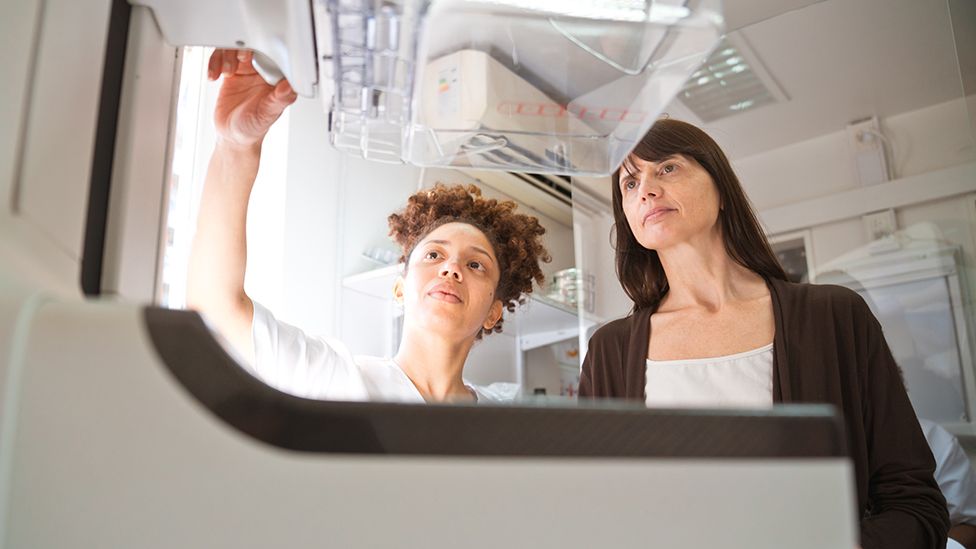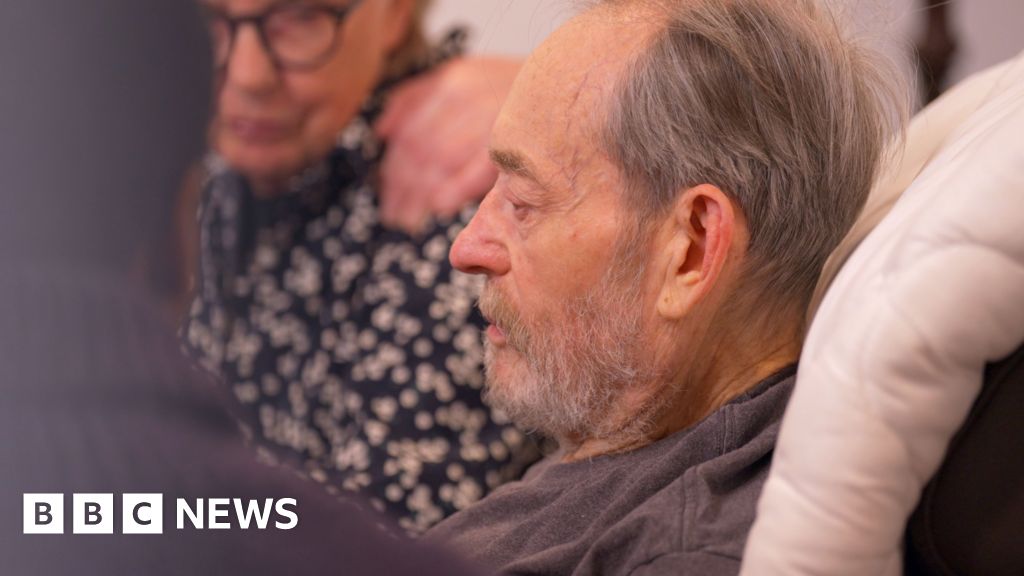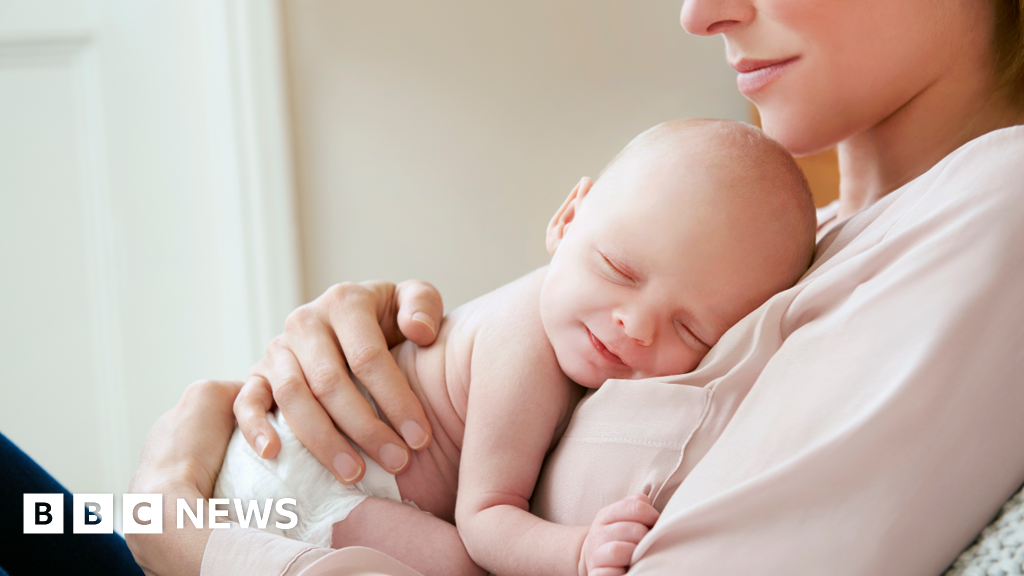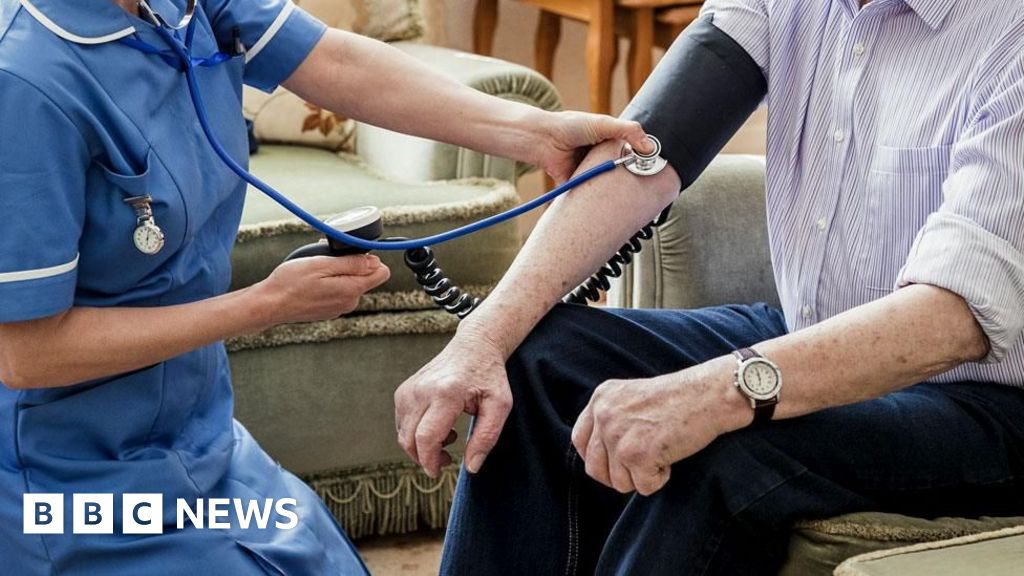ARTICLE AD BOX
 Image source, Getty Images
Image source, Getty Images
The charity believes earlier diagnoses could help save thousands of lives
By Michelle Roberts
Digital health editor
At least 20,000 cancer deaths a year could be avoided in the UK with a national commitment to invest in research and innovation, and fix the NHS, says Cancer Research UK.
Progress is being made in finding new treatments for the condition that affects 50% of people at some point.
But the charity says the UK lags behind comparable countries for survival.
It has launched a manifesto of priorities for this government and the next, ahead of a general election.
The document sets out what the charity says needs to change - and fast.
Whoever is running the country must commit to developing a 10-year cancer plan, spearheaded by a National Cancer Council accountable to the prime minister to bring government, charities, industry and scientific experts together, it says.
Rising need
Cancer is becoming more common in the UK, largely because of a growing, ageing population. By 2040, there will be half a million new cases diagnosed each year, experts predict.
Many of these could be preventable and others treatable, with the right approach, says the charity.
Acting now could save tens of thousands of lives a year, it says.
Key areas to focus on include:
- More investment in research to close an estimated £1bn funding gap
- Greater disease prevention - banishing smoking to the history books, for example
- Earlier diagnosis, through screening
- Better tests and treatments, as well as cutting NHS waiting lists and investing in more staff
Cancer Research UK also wants a renewed attack on two of the UK's biggest killers - lung and bowel cancer.
The NHS already invites people for screening for these.
There is a better chance of curing cancer when it is spotted and treated early.
Image source, BBC News
Image caption,Kelly Harrop with one of the horses she looks after
Smoking is the biggest cause of lung cancer, and Prime Minister Rishi Sunak has already said he wants to stamp it out by lifting the age of tobacco sale from 18 every year, so a child aged 14 today would never be allowed to buy cigarettes.
Not all cases are down to smoking though.
Kelly Harrop, from Glossop, was diagnosed with lung cancer in 2015 at the age of 40, after having a medical scan for something else. Being a non-smoker and having few symptoms, it came as a massive shock.
She told BBC News: "The doctors said there was something there that they weren't quite sure about. They said it can't be cancer or anything because you don't drink, you don't smoke. I ran six times a week. I was doing half marathons and Tough Mudders and those kinds of things and never had any symptoms."
Thanks to treatment, Kelly is now cancer-free.
It turns out her cancer was caused by a rare gene. She has been helping a trial called Tracerx that is studying lots of patients' tumours to understand why and how different ones grow, and find new ways to stop them.
Prof Charles Swanton, who has been leading that study at the Francis Crick Institute, told BBC News the work could help doctors better predict how a patient's tumour will spread and how to fight it.
"By understanding how cancers evolve, we can identify new targets," he said.
"We hope to be able to develop new therapies...to stop the cancer from growing and spreading."
Michelle Mitchell, chief executive of Cancer Research UK, said: "Cancer is the defining health issue of our time. Avoiding thousands of cancer deaths is possible, but it will take leadership, political will, investment and reform.
"We urge all political leaders to unite behind this vital mission."
The government says it is committed to fighting cancer and is investing for the future.
Related Internet Links
The BBC is not responsible for the content of external sites.

 1 year ago
32
1 year ago
32








 English (US) ·
English (US) ·